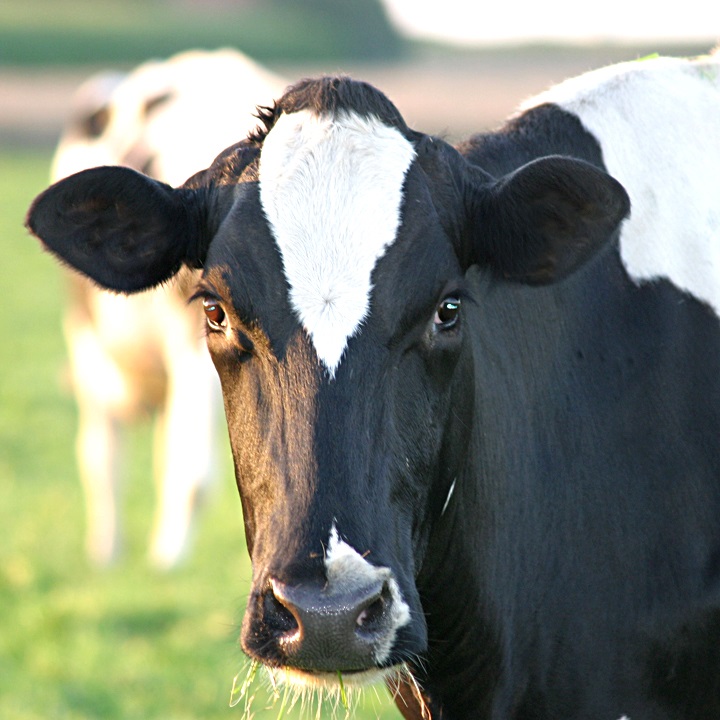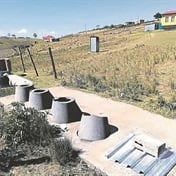
South Africa has been placed on the no export list following an outbreak of foot-and-mouth disease (FMD), which has been detected in the cattle of a small village of Sundani in the district of Vhembe in Limpopo.
According to spokesperson for the department of agriculture, forestry and fisheries, Khaye Nkwanyana, the country was placed on the list by the World Organisation for Animal Health (OIE) after the health department notified them of the outbreak on Monday.
“Our department started receiving enquires about a week ago from people in the Sundani area after they had noticed symptoms of lameness in their cattle. We collected samples from the cattle and after a number of lab tests were run over the weekend, results confirmed the outbreak,” he said.
Nkwanyana explained that FMD was a severe, highly contagious viral disease which affects livestock including sheep, pigs and goats with significant economic impact.
“South Africa is a big exporter of red meat not only within Africa, but in the Middle East, Europe and South America. The outbreak led the OIE to withdraw its safety status on our meat until we have eliminated FMD. Countries that we trade with, especially those in Europe, will not import meat from us and if we do not contain this South Africa’s economy will take a huge knock,” he said.
“Meat, especially beef, is a huge contributor within agriculture’s contribution to the country’s GDP. A loss of hundreds of millions of rands is possible which could even lead to a technical recession, if the situation is not contained immediately.”
Chief director of animal production and health, Botlhe Modisane, said that the consumption of meat from an animal infected with the disease would not affect human beings, however, it was not advisable for the meat to be transported to other countries.
“The problem is that the meat from those animals is infective [capable of causing infection] as are the animals. This means that people who handle it transfer the disease to other animals through their contaminated hands and clothes,” he said.
Read: Foot-and mouth disease needs collaboration - Zokwana
Having previously occurred in KwaZulu-Natal (2011), Mpumalanga (2013) and Limpopo (2015), Nkwanyana told City Press that the disease was difficult to manage and would certainly make an occurrence from time to time.
In 2015, City Press reported that the KwaZulu-Natal outbreak that happened in 2011 also resulted in the ban of the export of red meat and other livestock products from South Africa which resulted in the country losing R4 billion a year until 2014 when the ban was lifted.
“The fences at our borders are weak and that allows animals from neighbouring countries [which already have the disease] to cross over to our side. Limpopo shares a border with Mozambique, Mpumalanga with Swaziland and villagers in these areas cross-graze and that is how the disease is passed on to the livestock on our side,” he said.
Janse Rabie, head of the natural resources department at AgriSA, a non-profit organisation, said that he was extremely concerned by the outbreak.
“It is a difficult disease to control, but given its seriousness, the government needs to be proactive rather than reactive because it is its responsibility to make sure our boarders are safe and that the fences are secure,” he said.
Nkwanyana has cautioned farmers away from the outbreak and to not allow any new animal into their herds and to minimise the movement of the herds to other farms.
“Our main priority is to prevent the disease from spreading. We have dispersed animal doctors all over the affected area and have quarantined it too – no animals are allowed in or out. After quantifying the infection a decision on which measure to take will be made,” he said.
According to Modisane the most effective solution was to cull the infected animals in order to curb the disease.
“The immune systems of the infected animals only start to build up after about 21 days of being infected. Before that the disease can easily be spread from animal to animal therefore causing the cycle to continue. The best thing is to vaccinate the animals that are not infected and make sure they remain that way,” he said.
Nkwanyana said that signs of the disease may include depressed animals causing reluctance to eat and lameness. Any suspected case of the disease in animals must be reported to the local state veterinary surgeon immediately.




 Publications
Publications
 Partners
Partners








